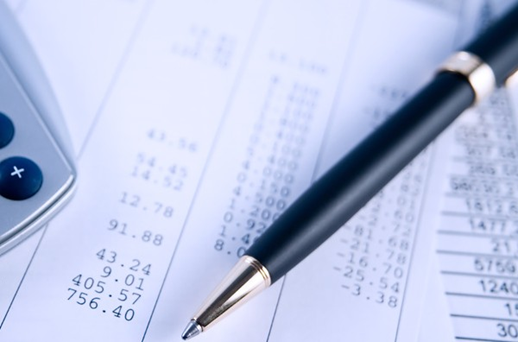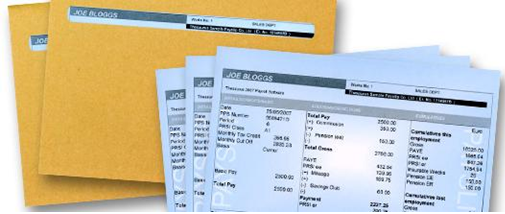A small, but very important piece of paper that you should receive from your employer always on your payday. What information should be included and who should get it?
As an employee you have a right to know how much you will earn and how often you will get the payment. You are also entitled to receive from the employer a detailed written statement of wages, or payslip. Payslip, also called pay slip is a document clearing the payment which you should get from your employer on your payday or within 1 working day of your pay day. Pay slips may be issued on paper or electronically.
When and how should the salary be paid?
When you start a job, the employer should inform you about:
- – the date of payment
- – the form of payment, such as cash, check or bank transfer.
As an employed person, you have to get a document which sets out the conditions of remuneration, such as the amount and frequency of payment of wages, within two months of starting work. This information is usually listed in the employment contract.
When should I not receive a payslip?
You have no right to receive a pay slip if:
- – you are not an employee, but a sub-contractor (contractor), a freelancer or you are a hired “worker”
- – you work for the police,
- – you work in the shipping industry as a sailor, captain or other member of crew,
- – you work in fisheries and your salary is paid only on the basis of the shares in the profits or gross earnings of a fishing vessel.
What kind of information should a payslip include?
Each payslip should contain the following information:
- – earnings before deductions (gross salary)
- – individual amount of any fixed deductions (such as union premium), or the total amount of those deductions (if the employee receives the so called “Declaration of regular deductions from your wages” – see below)
- – individual amount of such deductions, such as tax
- – the net amount of wages (which is the sum after the deductions)
- – the amount and form of any part-payment of wages (such separate items should be listed as: cash payment and compensation in the form of a transfer).
NOTE:
Your employer may put additional information on your payslip, which he or she, according to the British law, does not have to include. This comprises such information as:
– Social security number (National Insurance Number – NIN)
– Tax codes,
– Annual or hourly rate,
– Additional compensation, such as overtime, tips and bonuses that may be disclosed separately.
What is a statement of fixed deductions?
If your employer does not mention any permanent deductions in the payslip, he or she is obliged to give you a statement of fixed deductions:
The statement must:
– be in writing,
– contain the exact amount and information on breaks at work, for which nosalary was paid
– include a description of the purpose of deduction
– be handed to you before the first payslip which marked the deduction
– be updated at least once every 12 months.
If your fixed deductions are changed, the employer must give you a written notice of such changes or simply give you the updated statement.
What if I have a problem with the payslip?
First, talk with your employer to determine whether you can solve the problem without unnecessary formalities. If that does not work, you may need to submit a complaint to the Labour Court, the Employment Tribunals.
If you have not received a full pay, you should check your payslip and contract; maybe you’ll find the answer to the question why you have not received the entire amount. Payslip is best practice for employers to give information on pays confidentially and securely. Pay slips may be issued in an easily printable format. The employer should also make sure employees can access and print their pay slips in private.



